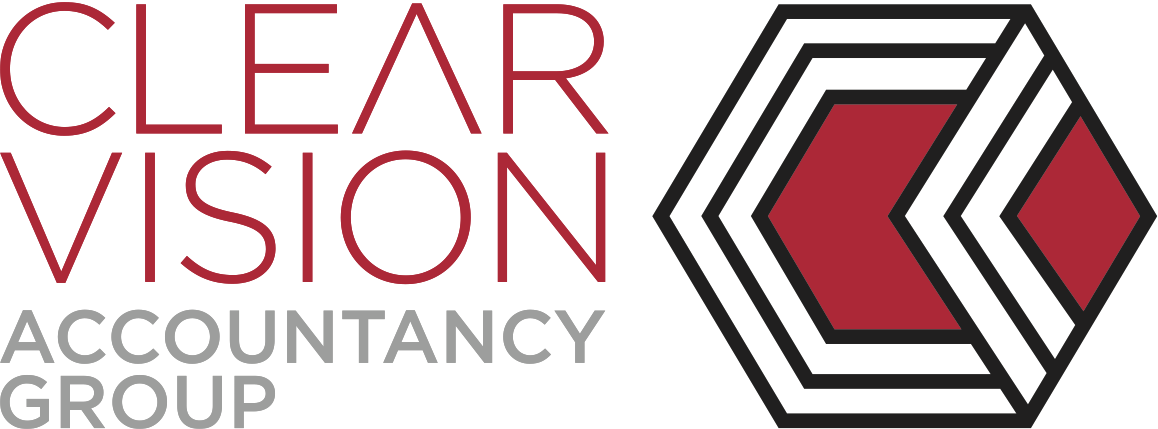Super Death Benefit Nominations – Lapsing and Non-Lapsing

A superannuation death benefit nomination can be binding or non-binding.
A non-binding nomination has no expiry date. A binding nomination can be lapsing (valid for 3 years) or non-lapsing (no expiry date).
Superannuation death benefit nominations are legal directives to a trustee of a superannuation fund informing the trustee of how a member would like their superannuation benefits paid if the member were to pass away, provided the beneficiary/ies are eligible to receive the benefits.
This is separate from a Will, which covers your estate assets.
If you value certainty in estate planning, you should enquire about the nomination options your superannuation fund offers.
There are a variety of templates for SMSF lapsing and non-lapsing binding death benefit nomination forms, as well as non-binding death benefit nomination forms, available online; however, given the document's legal significance and the constantly shifting legislative and regulatory landscape for SMSFs, hiring a specialised estate planning lawyer to draught the nominations is strongly recommended.
In conclusion, both lapsing and non-lapsing superannuation death nominations are important in determining the distribution of benefits upon a member's death. Understanding the differences between these types of nominations is essential for individuals to make well-informed decisions that align with their intentions and goals.
We drew inspiration for this article from SMSF Alliance.





